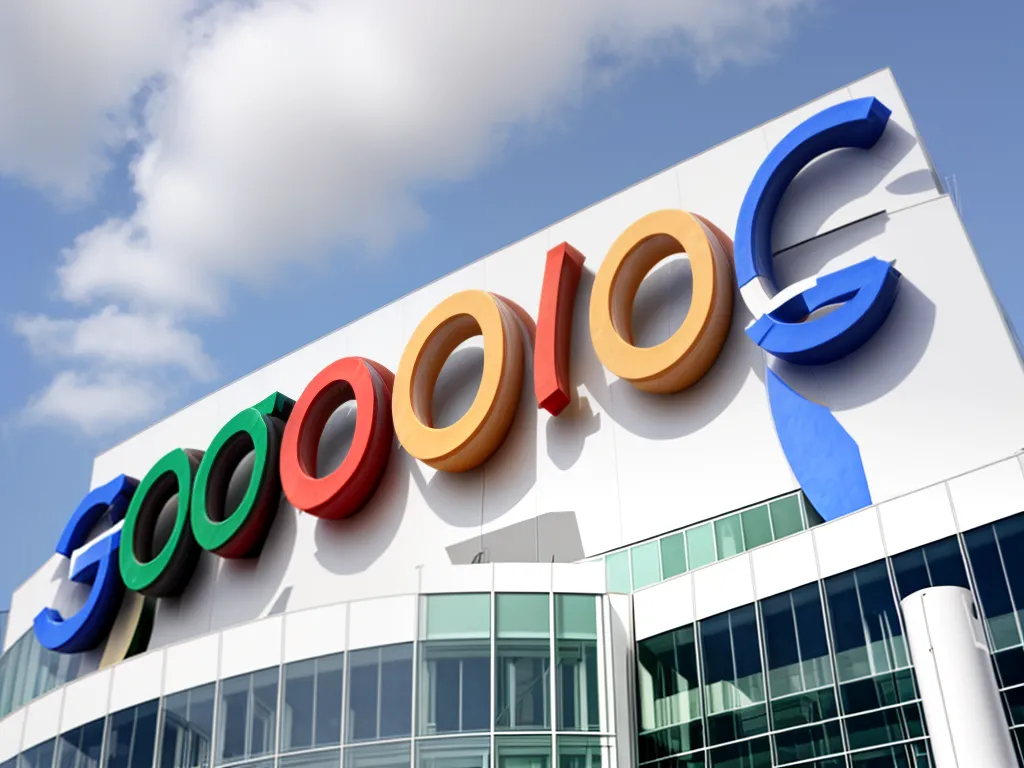
I’m thrilled to share the news that Google has launched its 5G mobile network across the UK! This is a major milestone that will bring faster speeds, lower latency, and more capabilities to people across the country.
Overview of Google’s 5G Launch
Google has been trialing 5G in a few cities over the past year, but now the company is flipping the switch to turn on 5G connectivity nationwide.
What is 5G?
5G is the fifth generation of cellular mobile networks. It represents a major upgrade over the existing 4G LTE networks, delivering:
-
Faster speeds – 5G can offer peak download speeds up to 20 Gbps, compared to 1 Gbps on 4G. This means faster downloads, streaming, and web browsing.
-
Lower latency – Latency on 5G can be as low as 1 millisecond, versus 20-30ms on 4G. This enables real-time communication for online gaming, self-driving cars, remote surgery etc.
-
Increased capacity – 5G has greater bandwidth which allows more devices to connect per cell site.
-
New capabilities – 5G enables innovative new uses like smart cities, industrial automation, and other applications we haven’t even imagined yet.
Google’s 5G Network Technology
Google is utilizing cutting-edge 5G technologies to deliver fast, reliable connectivity:
-
Millimeter wave (mmWave) – High-frequency radio waves that offer ultra-fast speeds over short distances. Google is using mmWave for pockets of very high capacity.
-
Sub-6 GHz – Lower frequency bands that provide wider area coverage. Google is using sub-6 GHz as the foundation for broad 5G coverage.
-
Small cells – Compact base stations that are easy to deploy on buildings and utility poles. Small cells allow greater reuse of spectrum.
-
Beamforming – Focuses signals directly at user devices for more efficient data transfer.
-
MIMO – Multiple antenna technology that increases capacity and speed.
Rollout Locations
Google is launching 5G service in all major UK cities including:
- London
- Birmingham
- Manchester
- Liverpool
- Leeds
- Glasgow
- Edinburgh
- Cardiff
- Belfast
The service will continue expanding to cover most UK towns and populations over the next year.
Supported Devices
Many of the latest smartphones already support 5G connectivity. At launch, Google’s 5G network is compatible with these devices:
- Google Pixel 7
- Google Pixel 6
- Samsung Galaxy S22
- Samsung Galaxy S21
- Apple iPhone 14
- Apple iPhone 13
- OnePlus 10 Pro
- Oppo Find X5 Pro
- Xiaomi 12 Pro
More devices will gain support as manufacturers release 5G-enabled firmware updates.
Benefits for Consumers
5G brings noticeable improvements to the mobile experience for consumers:
Faster Downloads and Streaming
With 5G speeds, you can download a full HD movie in seconds versus minutes on 4G. Streaming video and music will ramp up to higher resolutions with minimal buffering.
Responsiveness for Gaming
The low latency of 5G allows real-time interaction in online games, reducing lag. This leads to much more responsive gameplay.
Video Calling and Conferencing
Video calls will become clearer and stutter-free thanks to faster throughput and lower latency. This greatly improves video chat and conferencing quality.
Connected Cars and Transportation
5G enables vehicles to communicate with each other, traffic signals, and smart city infrastructure to improve road safety. Public transportation can also be made more efficient.
Augmented and Virtual Reality
5G’s speed and responsiveness unlocks new applications for AR/VR. For example, mobile multi-player VR gaming will become more practical and immersive.
Concerns and Challenges
While promising, 5G rollout also faces some challenges:
- Coverage – Building out 5G networks will take time. Rural areas may lack coverage.
- Battery life – 5G phones consume more power, reducing battery life.
- Cybersecurity – 5G introduces new potential threats that require robust security.
- Health risks – Some have raised concerns about the higher frequencies used in 5G networks. However, research indicates 5G is safe.
- Cost – 5G deployment involves massive investment in infrastructure and spectrum licenses. It may take years for carriers to recoup costs.
Despite these issues, 5G represents the future of connectivity. I’m thrilled Google is bringing next-gen mobile broadband to the UK! As the networks expand, even more transformative 5G applications will emerge.












